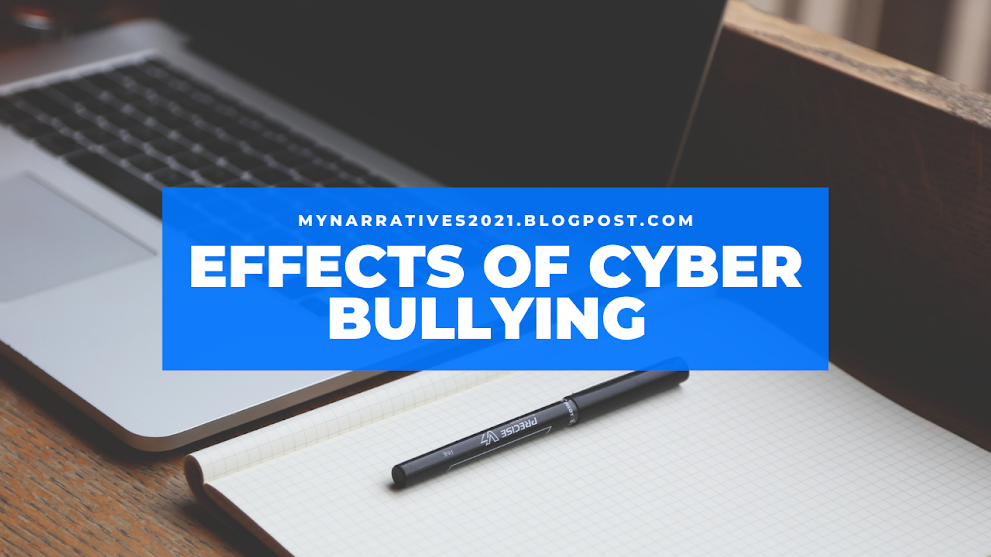Speaking In Public Fear
What is a Fear?
Fear is one of the four essential feelings, along with bliss, misery, and outrage. Dread is instigated by apparent risk or danger, which causes a change in our metabolic and organ capacities and at last a prompt change in our conduct, (for example, escaping, stowing away, or freezing from apparent horrendous mishaps). It's known as ''the battle, flight or freeze reaction''.
The nerve center controls the instinctive reactions, through expanded pulse and a sign shipped off the adrenal organs in our middle, delivering cortisol and adrenaline into our bodies. The reaction is additionally an arrival of glucose into the circulatory system - a ''power up'' to make us run for our lives. That is the reason we would like to flee and stow away, instead of talking before a group of people.
Speaking in Public Fear
Dread of public talking or Glossophobia is an exceptionally normal fear and one that is accepted to influence up to 75% of the populace. A few people might feel slight anxiety at the actual considered public talking, while others experience all-out frenzy and dread. They might attempt to keep away from public talking circumstances no matter what or on the other hand in case they should talk out in the open, they suffer shaking hands and a frail, trembling voice.
This fear is more normal in youngsters when contrasted with more seasoned ones and might be more common in females when contrasted with guys. We realize that a few people will quite often have more nervousness identified with specific conditions in which there might be a dread of assessment and humiliation.
A dread of public talking frequently is available in people with social tension issues. Nonetheless, bring up that not all people with a dread of public talking have a social nervousness issue or another mental issue. For an analysis of a mental problem, clear utilitarian debilitation is by and large required.
How about we investigate the most well-known feelings of dread with regards to introducing or talking in public:
1. The dread of falling flat (self-question)
2. The dread of failing to remember the substance
3. The dread of looking anxious or unreliable
4. The dread of critical (extreme) crowds
5. The dread of the unforeseen (extemporaneous talking)
6. The dread of time
7. The dread of innovation
Symptoms of Glossophobia
Glossophobia or public speaking fear causes an assortment of indications, for example,
• Expanded pulse
• Sweating
• Dry mouth
• A solidifying of the upper back muscles
• Sickness and a sensation of frenzy when confronted with talking openly
• Extraordinary tension at the possibility of talking before a gathering
Causes for Glossophobia
Most fears appear to show up out of nowhere, frequently beginning in youth or early adulthood. A fear might emerge in light of a mix of hereditary inclinations and other ecological, natural, and mental elements. Individuals who dread public talking might have a genuine dread of being humiliated or dismissed.
Glossophobia might identify with one's related involvements. A person who has an awful encounter during public talking might fear a rehash of that related knowledge when endeavouring to talk once more.
Or on the other hand on the off chance that an individual is told to address a gathering on the spot with zero chance for advance readiness, and it goes poorly, that person might start to fear public talking.
Treatment Options
Glossophobia is treatable, and as a general rule, openness-based medicines and activities are the most accommodating.
In openness treatment, an individual is shown adapting abilities and, over the long haul, figures out how to deal with the circumstance that is causing the dread.
Individuals with glossophobia additionally may profit from tension administration and unwinding strategies, and a mix of a few medicines might be suggested.
In people with a social uneasiness issue joined by a dread of public talking, prescriptions might be useful, particularly when they are joined with psychotherapy.
Activity Steps
Be ready. Assuming you need to defeat your anxiety toward public talking, stretch out beyond time. Attempt to visit the setting where you will be giving your discussion, and cautiously audit all hardware ahead of time.
What's more, gain proficiency with everything you can about your point well ahead of time. This makes it doubtful that you will say something mistaken or go off course. Assuming that you do wander marginally, realizing your subject well will build your chances of recuperating rapidly.
Careful discipline brings about promising results. Don't simply give your total show to a volunteer crowd once. Do it a few times with companions, relatives, or any other person you feel alright with.
Request input and survey everyone's remarks cautiously. You might even need to make a video of your discourse so you can see it and make any modifications that you think will improve it.
Focus on the current material, rather than your crowd. By and large, a crowd of people is zeroing in on the new data they are paying attention to rather than how it is introduced. Odds are they won't even notice your anxiety.
Don't fear the hints of quietness. At the point when you quickly forget about the thing you are saying, you might feel anxious and feel that you have been quiet for eternity.
Be that as it may, it is likely no longer than a couple of moments, so essentially take a couple of slow, full breaths and continue. Advise yourself that regardless of whether the snapshot of quiet was longer than a second that is OK, as well. Your crowd most likely calculated that the delay was arranged and they won't mind a little.
Indeed, roughly 75% of us have fears and tension towards introducing or talking openly, or working with a discussion or a gathering. As per Forbes Magazine, the main dread for the normal individual is that of public talking. The subsequent dread is demise... So perhaps you feel calmer now, realizing that the vast majority would prefer to pass on than give a discourse before a group...



















